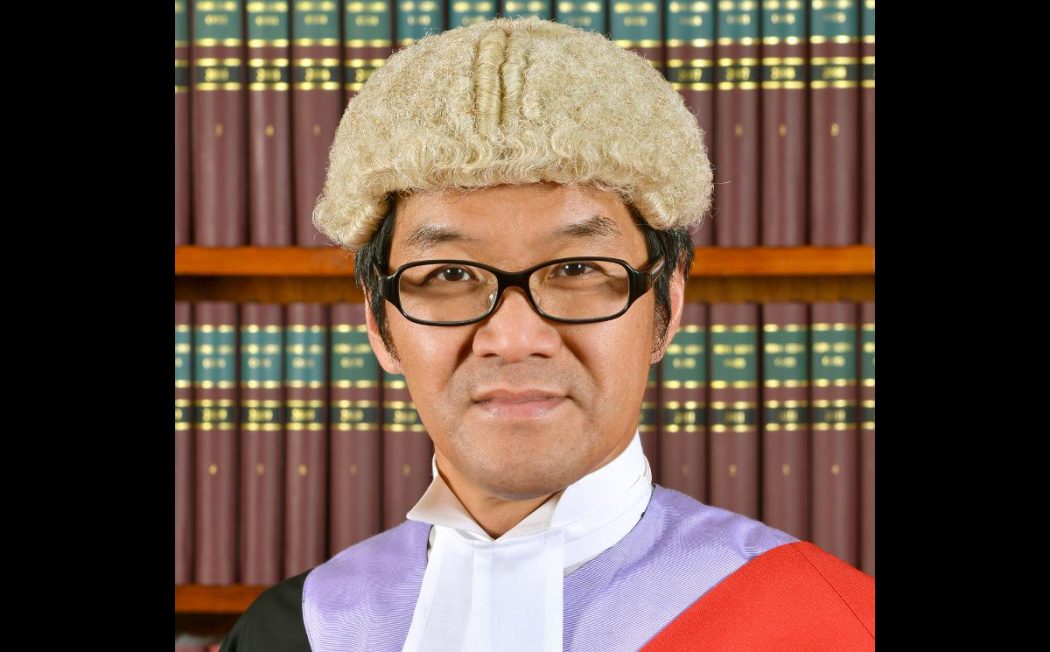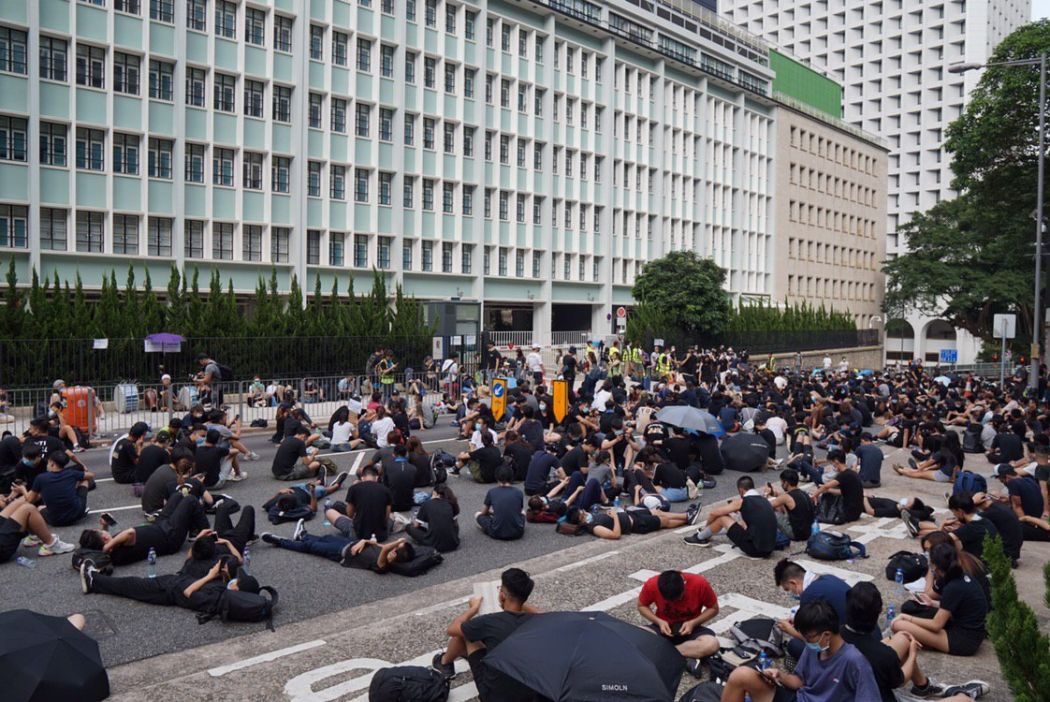As a long-time observer, and occasional critic, of Hong Kong judges I must congratulate Mr Kwok Wai-kin on making my previously eccentric hobby a mainstream activity.
Judge Kwok, who exercises his doubtless Solomon-like qualities in the district courts, has been reassigned to non-political matters after much criticism of his remarks when sentencing a man who attacked three people with a knife during an argument at a Lennon Wall in Tseung Kwan O.

The assailant, an unemployed tour guide, blamed the then-current protests on his predicament. But no protest was in progress at the time. Two of the victims of his knife attack were women. One of the women was a journalist, not a protester.
Judge Kwok’s sentence (45 months in prison) has attracted a variety of assessments: endorsed by Greville Cross (a rare excursion in the direction of judicial clemency), criticised by sundry democratically inclined people, who thought it inadequate.
Well sentencing is not an exact science. The perpetrator was perhaps lucky not to be charged with attempted murder. The reporter nearly died.
What cannot be disputed, though, is that the remarks which accompanied the sentence exhibited a rampant political bias. The easiest way to check this is to contemplate what luck you would have with similar arguments on behalf of a protester who threw a brick at a policeman.
My Lord, my client may have thrown a brick at a policeman, but he showed “noble qualities” by writing a letter to the court hoping that his trial would make the victim feel better. Try again.

My Lord, my client had been out of work for two months. He was a “bloodstained victim hanging by his last breath” and overcome by emotion. Go directly to jail, do not pass Go, do not collect $200.
Was there not a Hong Kong judge who said, when sentencing some rioters, that “The courts will not get involved in political debate, nor judge on right or wrong in political ideals, as that is not the role of the courts”?
Indeed there was. In fact it was Mr Kwok himself, in 2016. Times have apparently changed. Or something has. It would be incurably idealistic to expect judges to be entirely free from political influence. But if they can’t manage impartiality they should at least fake it.
I am unable to agree with the learned observers who said that there is nothing in the Hong Kong Guide to Judicial Conduct relevant to this occurrence. “Impartiality is the fundamental quality required of a judge”, says para 18, and in para 19 we have “Impartiality must exist both as a matter of fact and as a matter of reasonable perception,” which pretty much wraps it up as far as Judge Kwok is concerned.

Well there is no point in kicking a dead horse. Mr Kwok’s removal from the judicial end of the political fray, or the political end of the judicial one if you prefer it, is clearly not the end of the story.
The removal of a judge is rightly a difficult matter. Judges should be able to go about their business without worrying about job security. And if it were easy to remove judges this power would rarely be exercised in defence of the vulnerable or politically controversial.
However, in the genteel world of judgeship, matters are not allowed to come to anything as crass as dismissal proceedings. The fact remains that a judge who cannot be let loose on a category of cases in case he loses his rag and comes out with a mitigatory diatribe not previously mentioned in court is no use as a judge.
Judge Kwok is irreparably damaged goods and he knows it.

His switch to a low-controversy diet is the judicial equivalent of the old arrangement by which disgraced officers were left alone in the study with a loaded revolver and the expectation that they would “do the right thing”.
In due course, Judge Kwok will no doubt express the wish to spend more time with his family, or deal with a pressing medical issue, or explore other career options, and step down from the bench.
If necessary the People’s Poodles will be happy to find a job for him somewhere. He could perhaps join Mr Cross on the op-ed page of the China Daily.
